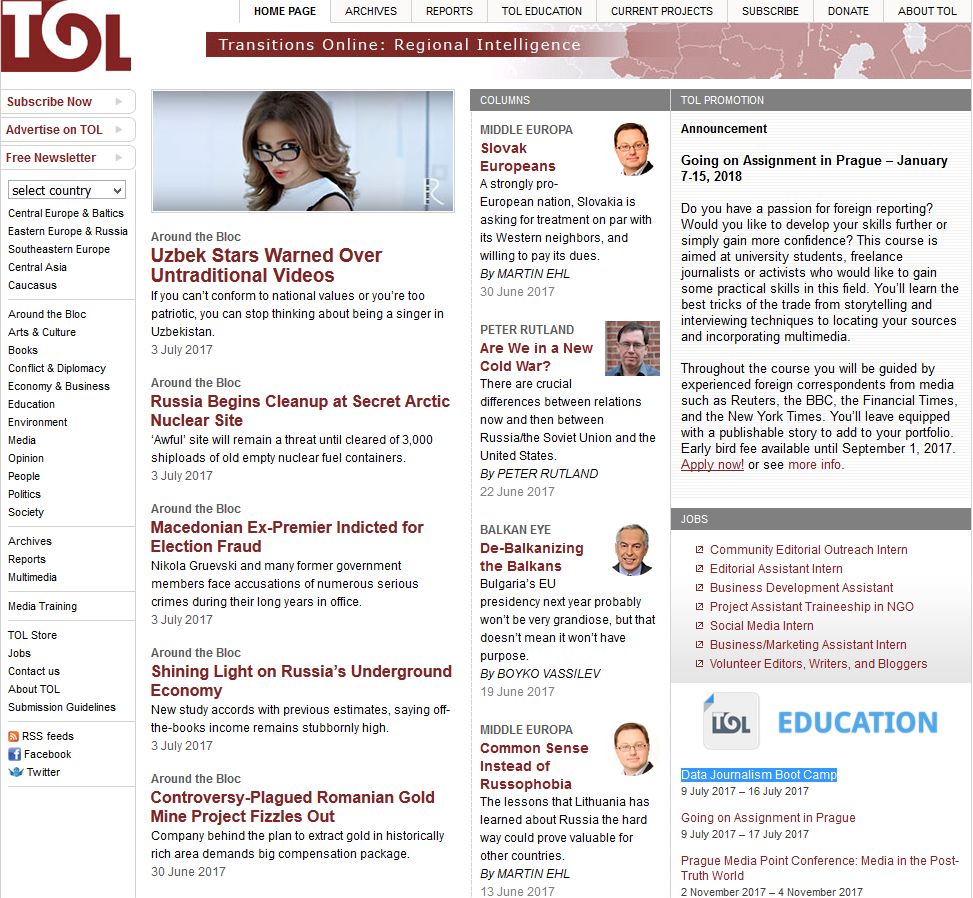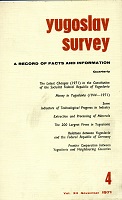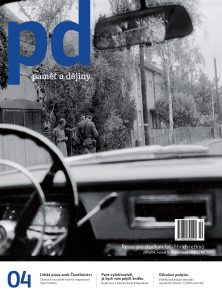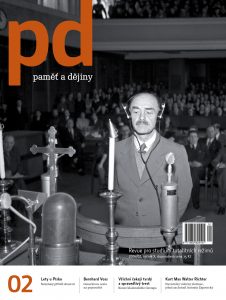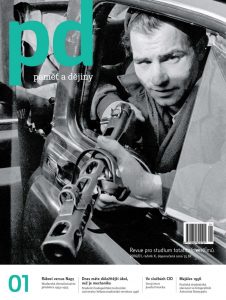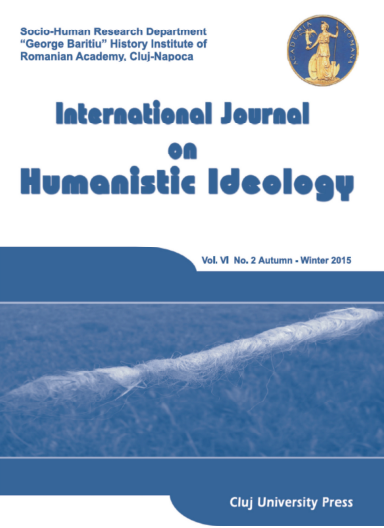
In the name of Marxism-Leninism: ideological debates during the early ‛60s
Although perceptible since 1957, the Sino-Soviet ideological disputes became public only in 1960. The main bilateral ideological dissensions were ignited by topics such as: the significance of the 20th Congress of the CPSU for the international communist movement, the nature of the contemporary era, questions of war and peace, the doctrine of peaceful coexistence and the forms of transition from capitalism to socialism. Based on a series of inedited and edited documents, the present paper aims at recollecting the main ideological divergences manifested between the CPSU and the CCP at the beginning of the 1960s.
More...
